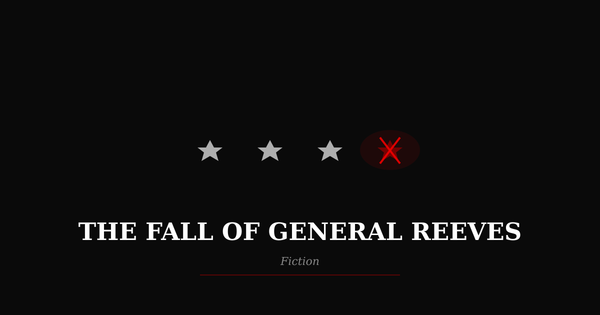It’s Not Stupidity—It’s Loyalty
but still dumb

For over a century, poor voters have gone with the candidate who speaks to who they are, not what they earn. This is especially true when economic hardship combines with cultural upheaval.
Let’s start with the South.
Thanks for reading Burnt Ground! Subscribe for free to receive new posts and support my work.
1. The Solid South: Loyalty Over Logic
After the Civil War, poor Southern whites could barely afford shoes—but they voted Democrat religiously. Why? Because the Democrats were the party of white supremacy and regional revenge. They may not have loved the railroad barons or the factory owners, but they really didn’t want the party of Lincoln telling them how to live.
When Roosevelt’s New Deal began lifting millions out of poverty, it was tolerated because it didn’t threaten the racial order. But once the Democrats began pushing for civil rights, everything changed.
Barry Goldwater opposed the 1964 Civil Rights Act—and lost in a landslide. Except in the South, where he won five states. Nixon followed with his “Southern Strategy,” using coded language—states’ rights, law and order, busing—to peel off disaffected poor white voters. And it worked. They began voting Republican, even as the GOP pulled back on labor rights and welfare.
They didn’t care. They’d rather be poor in a white-dominated world than prosperous in a diverse one.
2. The Reagan Democrats: Culture Wars Begin
Fast forward to the 1980s. Reagan enters with a winning smile and a war on government. He slashed taxes for the rich and broke the unions—but working-class Democrats flocked to him.
Why?
Because Reagan didn’t sound like an elitist. He talked about God, family, country. He spoke of pride, not guilt. He stood up to the Soviets. He promised to restore order and punished the "welfare queen" in her Cadillac.
Union workers in Detroit, coal miners in Kentucky, and machinists in Youngstown—many voted for the Gipper. Not because he improved their lives, but because he told a better story. They didn’t feel represented by the tie-dyed liberals shouting about nuclear disarmament. They wanted respect.
3. George W. Bush: God and Guns
In 2004, in the middle of a disastrous war and a recovering economy, George W. Bush got reelected. Poor evangelicals, rural whites, and blue-collar families chose him over John Kerry, a man who windsurfed and spoke French.
The deciding factor? "Moral values."
That election wasn’t about jobs—it was about gay marriage, abortion, and the creeping sense that the country no longer belonged to them. Democrats tried to offer competence; Republicans offered certainty. And certainty wins when people feel unmoored.
4. Trump: The Revenge Candidate
Then came Trump. He didn’t just talk like a blue-collar worker—he sounded like one after a few beers. Crude, blunt, suspicious of elites. He didn’t pretend to like you—he was you, if you squinted hard enough.
Trump gave working-class whites something they hadn’t felt in decades: attention. The media obsessed over them. Pollsters visited their towns. The forgotten man wasn’t forgotten anymore.
And he did it while cutting taxes for billionaires, gutting regulations, and slashing healthcare. But none of that mattered. Because he stood on stage and mocked the experts—the same ones who told you to go to college, learn to code, and stop eating hamburgers.
He told them to piss off.
Trump flipped counties that Obama had won twice. He carried rural America like it was a prize pig at the county fair. And he did it without delivering a single policy that materially helped the poor.
Because it’s not about policy. It’s about power.
What It All Means
Poor voters—especially white, rural, evangelical voters—don’t see themselves as poor. They see themselves as betrayed. By the government. By universities. By immigrants. By feminists. By elites who snicker at their faith and mock their lives.
So they vote Republican—not because it helps them in the wallet, but because it affirms them in the mirror.
The Democrats offer programs. Republicans offer pride.
And when you have little else, pride is worth a lot.
Thanks for reading.
If this resonated with you—or pissed you off—consider sharing it.
And if you want more, hit the subscribe button. I don’t write often, but I write honestly.
Thanks for reading Burnt Ground! Subscribe for free to receive new posts and support my work.




